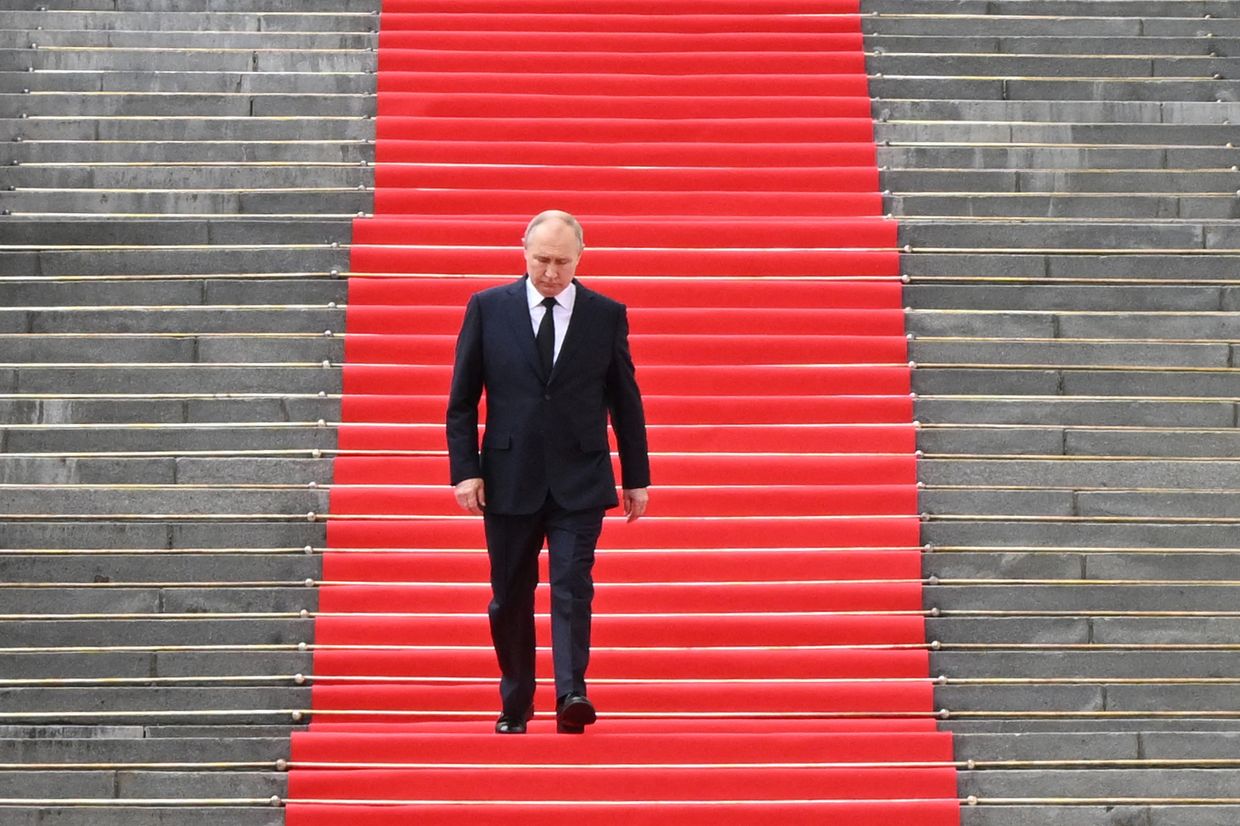Russia’s foreign currency reserves fall to lowest levels since 2008 amid mounting deficits

Russia’s foreign currency reserves, built over a decade from surplus revenues in the raw materials sector, are nearing exhaustion, The Moscow Times reported on Dec. 5.
Before Russia’s full-scale invasion, the National Welfare Fund (NWF) held approximately $140 billion in liquid assets. Over three years of war, this financial cushion has dwindled to nearly one-third of its former size.
As of Dec. 1, liquid assets in the NWF had fallen to $53.8 billion, according to the Russian Finance Ministry.
Since January, the NWF’s free assets, initially intended for pension financing but repurposed to fill budget deficits, have shrunk by $2.1 billion.
To address its budget shortfall, Russia has also begun selling off gold reserves from the NWF. Between June and early December, 50 tons of gold were sold, leaving 279 tons in reserve.
Russia’s 2025-2027 budget projects increasing deficits — $11 billion in 2025, $21 billion in 2026, and $28 billion in 2027. The total shortfall of $61 billion over three years surpasses the NWF’s remaining liquid reserves.
Compounding these fiscal strains, recent U.S. sanctions against 50 Russian banks in November have disrupted financial transactions with China.
Russian importers now rely on intermediaries to pay Chinese sellers, as direct payments have become nearly impossible under intensified U.S. scrutiny, The Moscow Times reported on Dec. 2.












